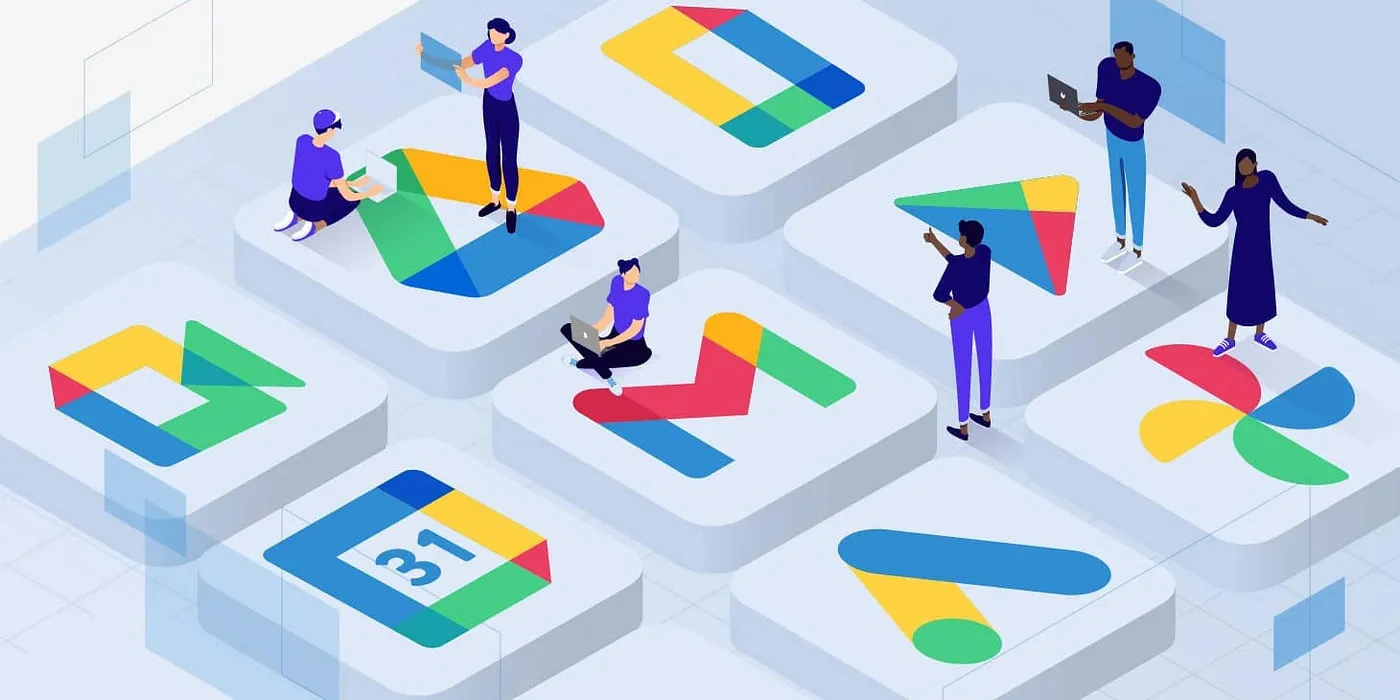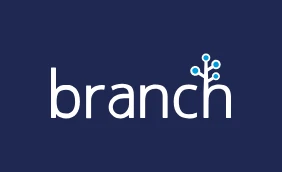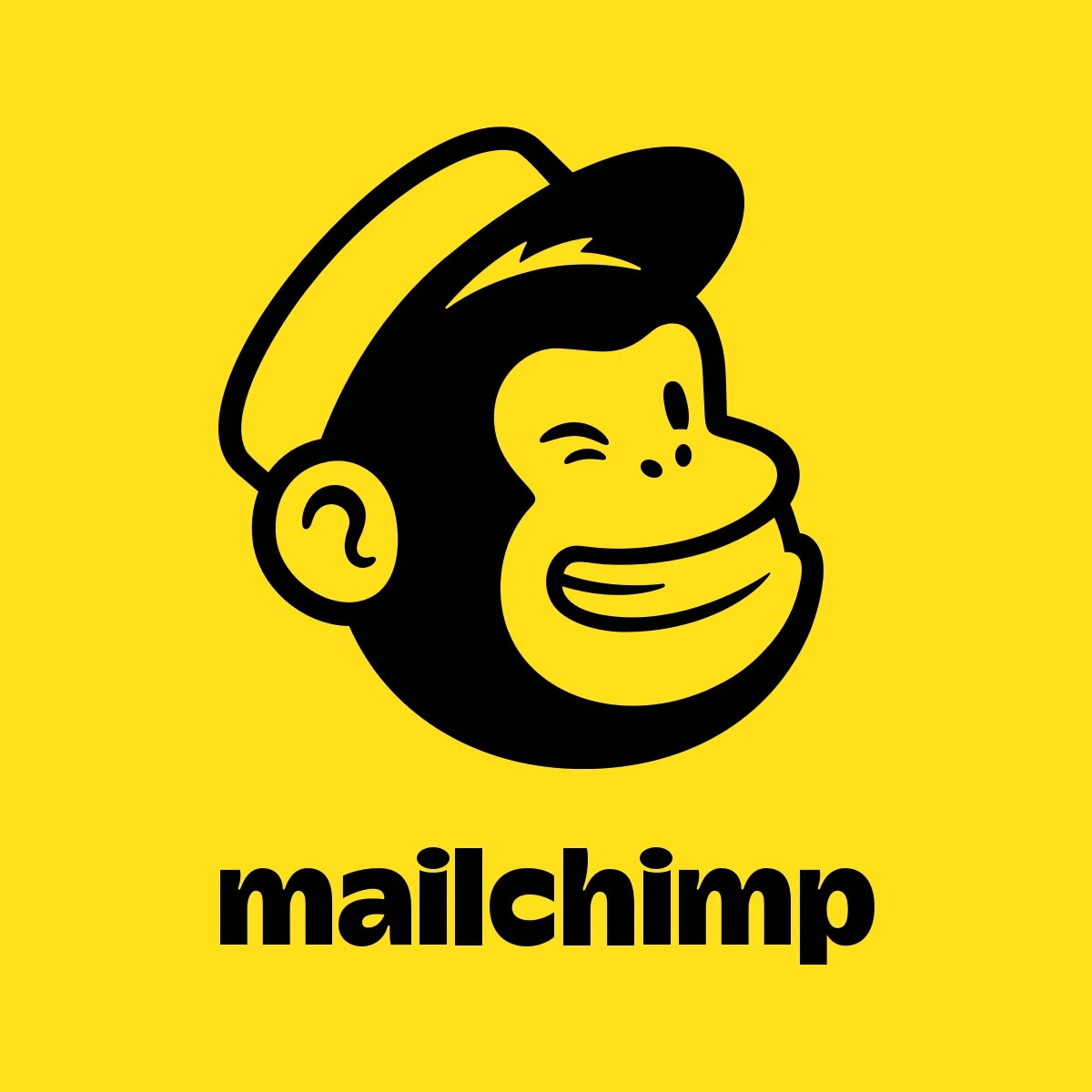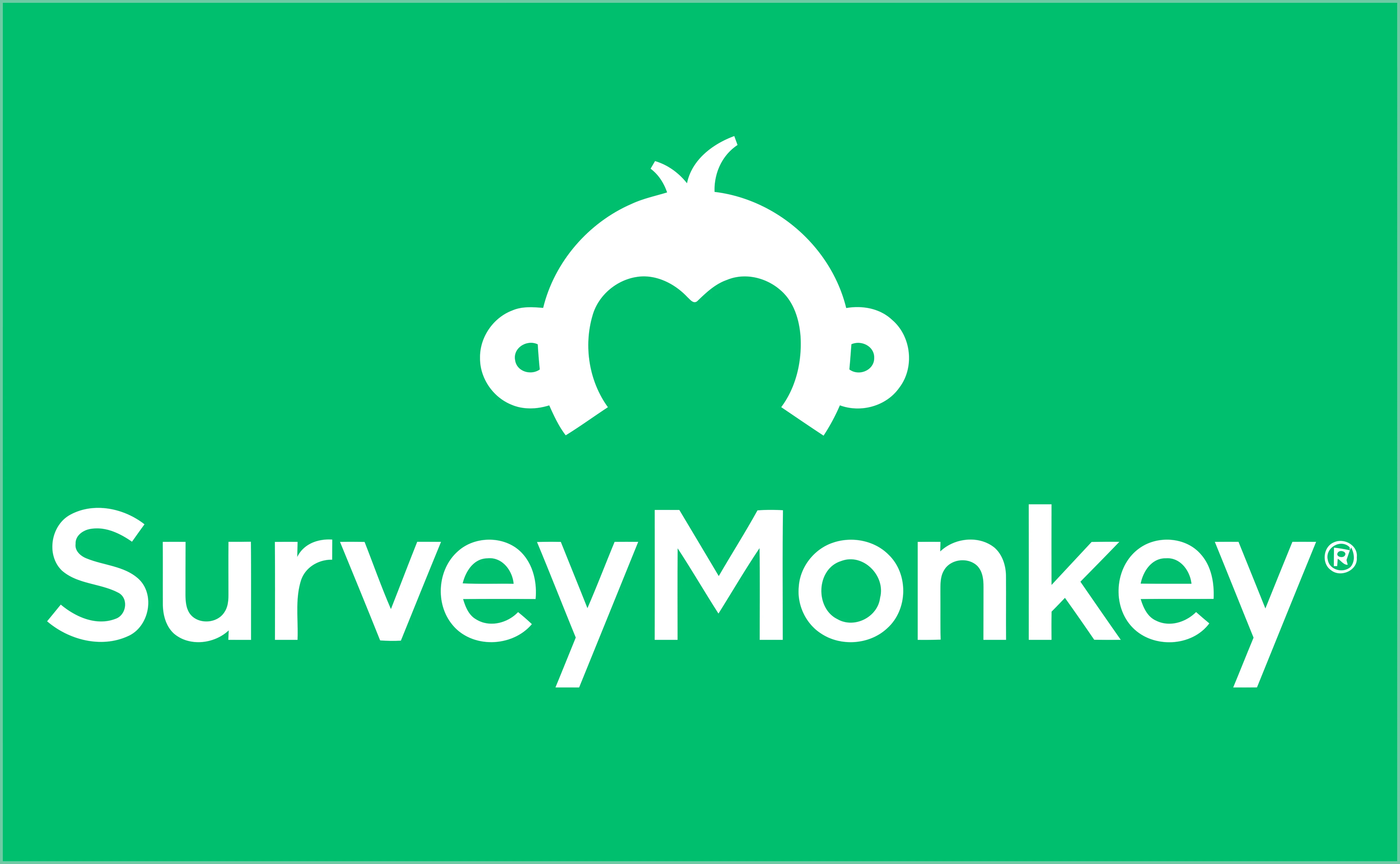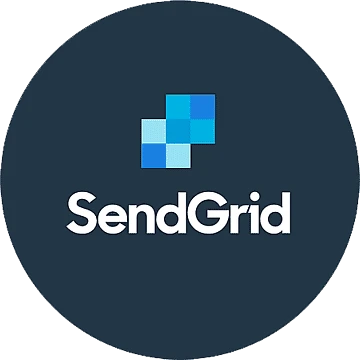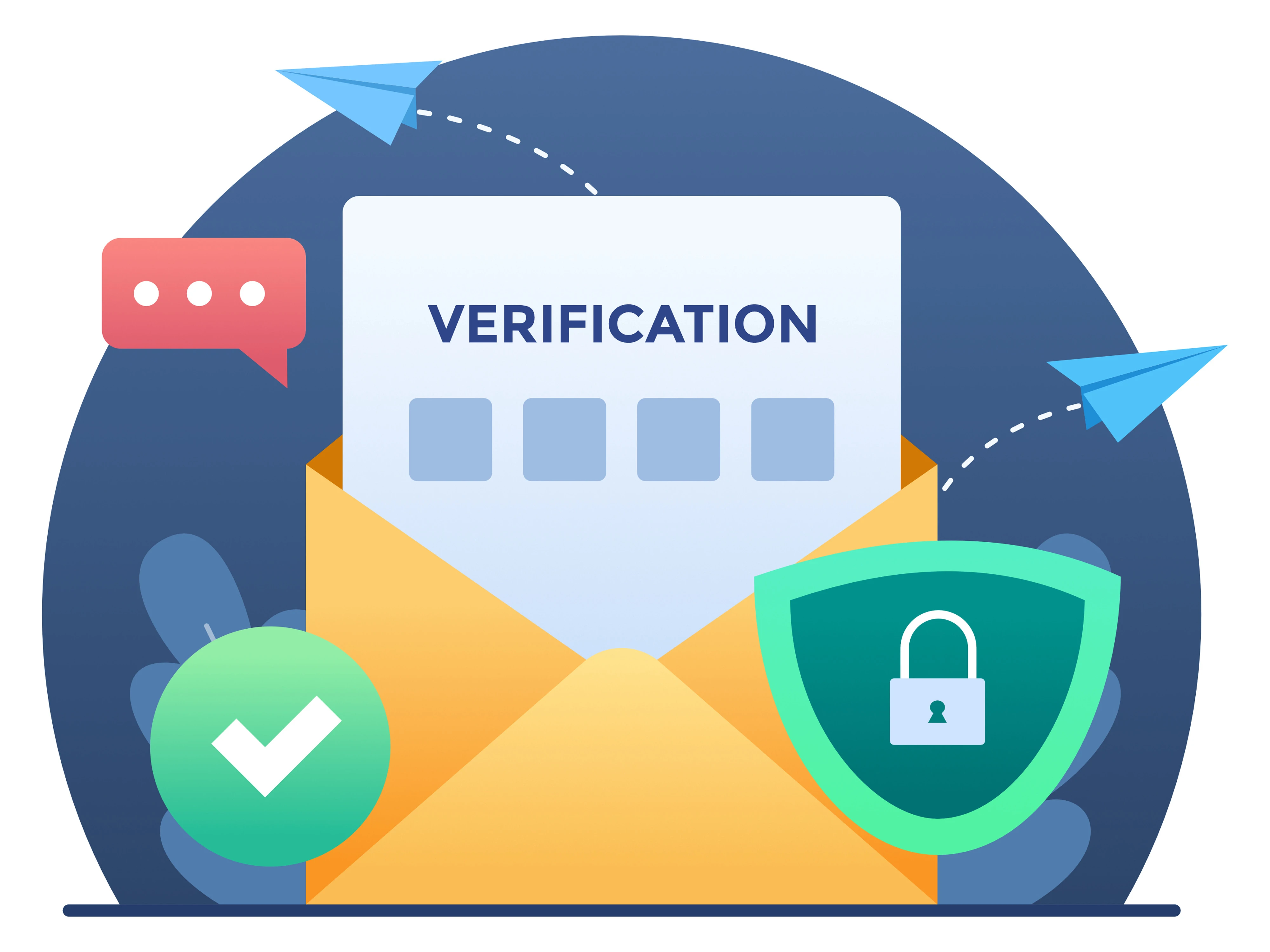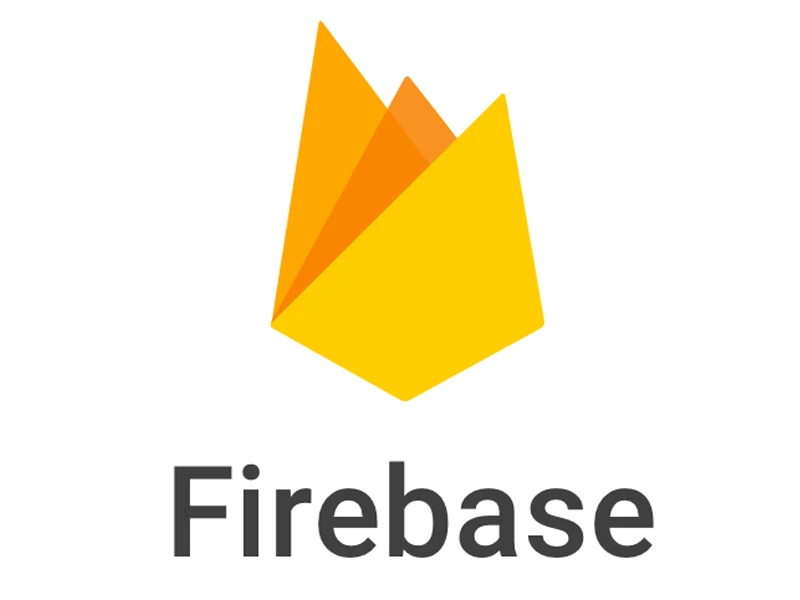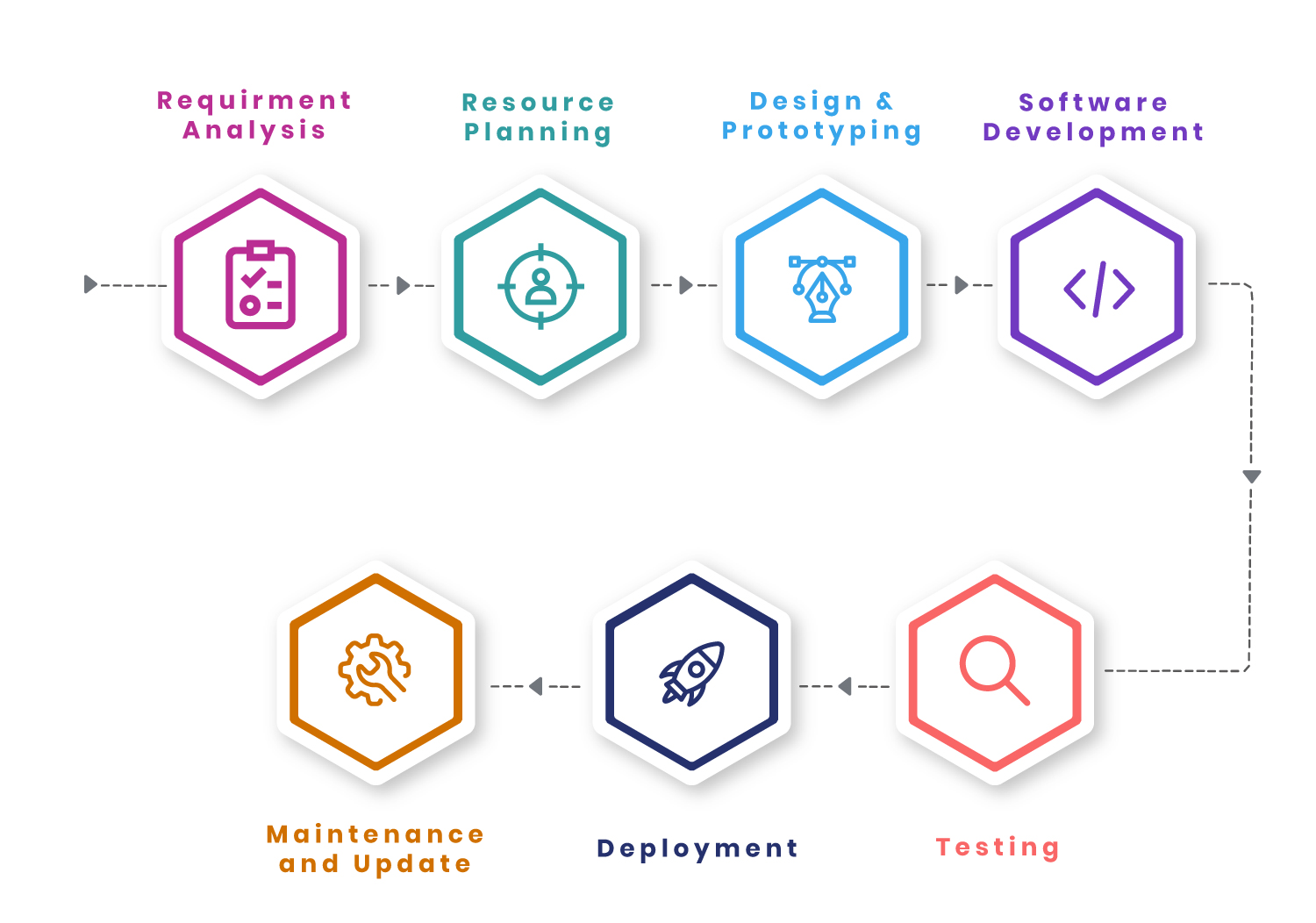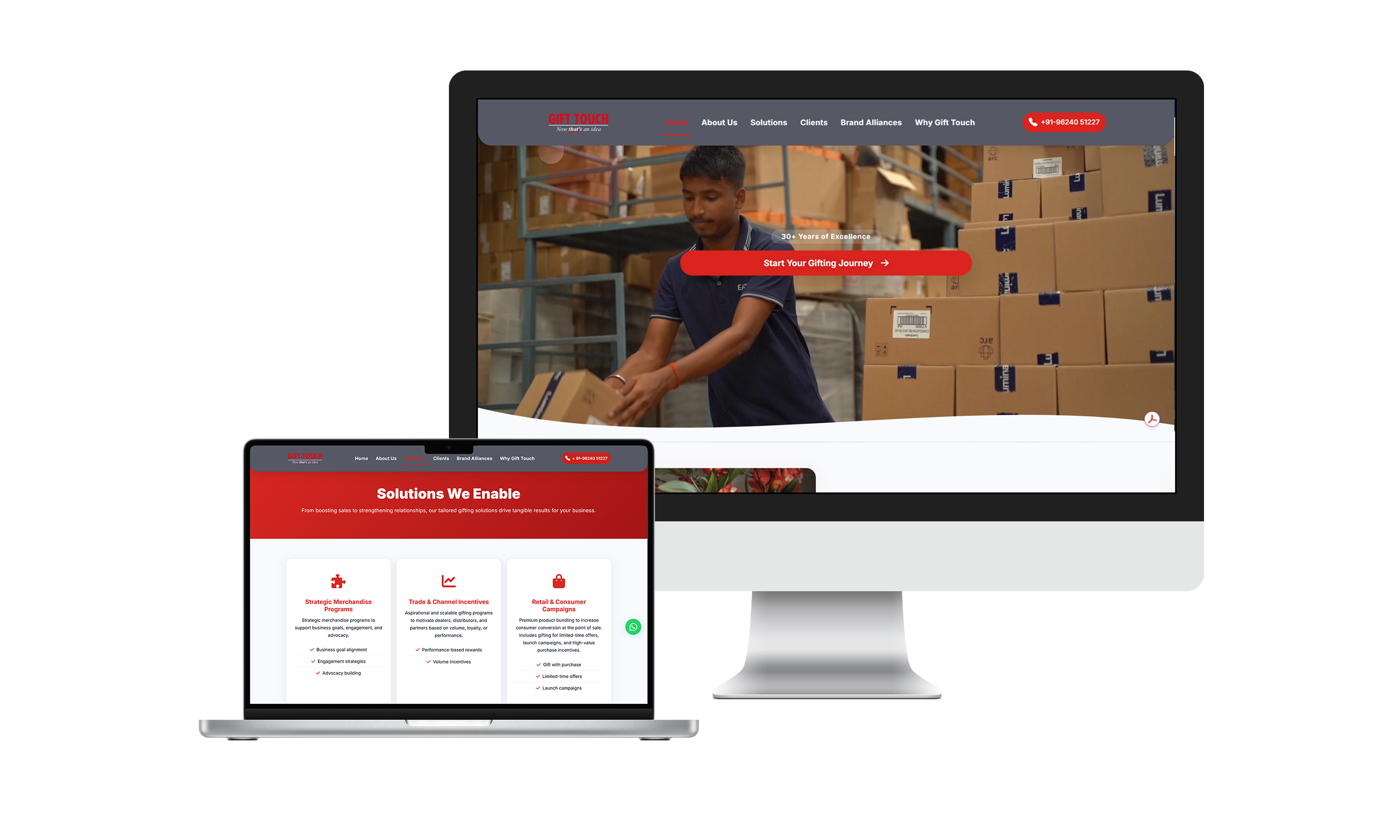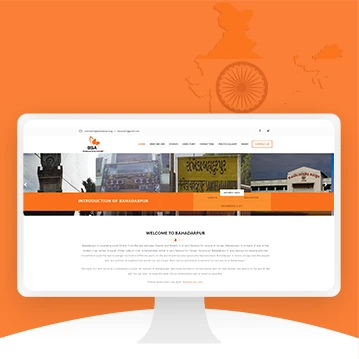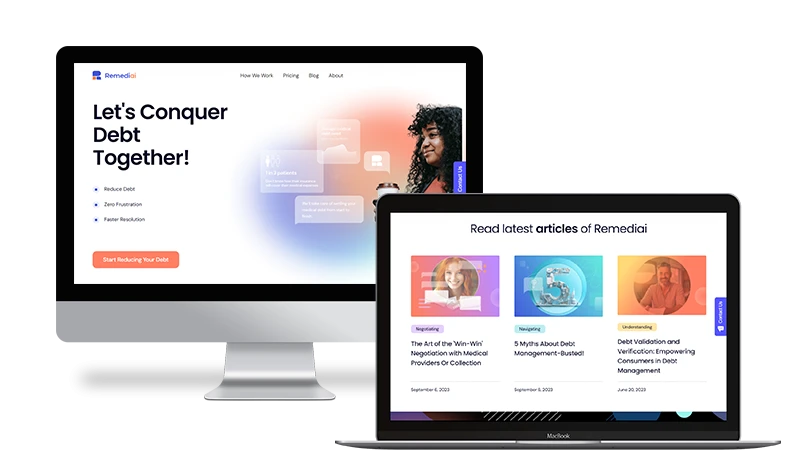Google API Integration Services
NicheTech. is a leading player in mobile application development, offering top-notch API integration services. With a focus on excellence, our company specializes in providing seamless integration of Google Map APIs to elevate your mobile app's functionality.
Our expert developers ensure a streamlined process, incorporating a range of Google Map APIs such as Maps SDKs for Android and iOS, Places API, and Directions API. This empowers your app with real-time location tracking, geolocation-based features, and personalized mapping solutions.
NicheTech's commitment to innovation and precision guarantees a transformative experience, enhancing your app's navigation and location-based services. Choose NicheTech Solutions for API integration services that position your mobile app at the forefront of technology, ensuring a competitive edge in the dynamic realm of mobile app development.
NicheTech. stands as a prominent force in the realm of mobile application development, offering unparalleled API integration services. Specializing in creating seamless connections, our company takes pride in providing advanced solutions, including the integration of the Google Login API. This essential component enhances your mobile app's user authentication process, ensuring a secure and user-friendly experience.
Our seasoned developers bring expertise in seamlessly incorporating the Google Login API, allowing users to access your application with their Google credentials effortlessly. This not only simplifies the onboarding process but also fosters trust and security, as users leverage their existing Google accounts. With NicheTech's commitment to innovation, we ensure that your mobile app not only meets industry standards but exceeds user expectations.
NicheTech's commitment to innovation and precision guarantees a transformative experience, enhancing your app's navigation and location-based services. Elevate user experiences and establish your app as a reliable and user-friendly platform in the competitive aspect with NicheTech's progressive solutions.
NicheTech. is a leading company in the field of mobile application development services, offering progressive solutions to meet the evolving needs of businesses. One of their standout offerings is the seamless integration of the Google Translate API, a key tool for breaking down language barriers and enhancing global communication in mobile apps.
As the world becomes increasingly interconnected, the demand for multilingual capabilities in applications has increased. Nichetech Solutions recognizes this imperative and addresses it through their expertise in API integration services. By incorporating the Google Translate API into their mobile app development toolkit, they empower businesses to provide a more comprehensive and accessible user experience for diverse audiences.
The Google Translate API, renowned for its accuracy and creativity, enables real-time translation of text, making it an invaluable asset for applications catering to a global user base. NicheTech Solutions not only ensures a seamless integration process but also customizes the implementation to align with each client's unique requirements.
In an age where effective communication is critical to success, NicheTech stands as a trusted partner, using creativity technology to drive businesses forward in the international prospect with confidence and efficiency. Their commitment to innovation and excellence positions them as a leader in the field of mobile application development and API integration services.
NicheTech. is a distinguished player in the field of mobile application development, offering comprehensive API integration services. As a pivotal component in enhancing location-based functionalities, the Google Places API facilitates enriched user experiences within your mobile app.
The Google Places API empowers applications with the ability to retrieve detailed information about places, businesses, and points of interest. With NicheTech's adept developers, seamlessly integrating the Google Places API into your app becomes a catalyst for dynamic location-based services. Users benefit from features such as accurate place predictions, detailed place information, and robust search capabilities, fostering engagement and convenience.
Our commitment to excellence ensures a flawless integration process, unlocking the full potential of the Google Places API within your mobile application. Whether you're creating a navigation app, a local business directory, or a social platform with location tagging, NicheTech. adapt API integration to meet your specific needs.
Choose NicheTech for API integration services that transform your mobile app, leveraging the capabilities of the Google Places API to provide users with accurate and valuable location-based insights. Elevate your app's functionality and user engagement with NicheTech.'s expertise in mobile application development and API integration services.
NicheTech. stands out as a leading provider of comprehensive mobile application development services, delivering innovative solutions to meet the evolving needs of businesses. With a commitment to excellence, NicheTech excels in crafting cutting-edge mobile applications tailored to clients' specifications and industry requirements.
A key offering from NicheTech is its integration of the Google Business API, providing clients with a powerful tool to enhance their business operations. This integration facilitates seamless access to Google's extensive business-related data, empowering applications with real-time information on locations, reviews, and other critical details. By leveraging the Google Business API, NicheTech ensures that clients can offer a superior user experience, streamline processes, and make informed decisions based on accurate, up-to-date data.
The company's expertise in API integration services extends beyond just technical proficiency; NicheTech emphasises a client-centric approach, understanding unique business needs to deliver solutions that align with specific goals. As a trusted partner in mobile application development, NicheTech. continues to elevate businesses by harnessing the power of cutting-edge technologies and the Google Business API.
-
Google Map API
-
Google Login API
-
Google translate API
-
Google places API
-
Google Business API
Stay Ahead with the Latest Google API Integration Updates
At NicheTech, we are committed to bringing you the most cutting-edge solutions to power your business. Google continues to lead the way in API integration services, providing developers with advanced tools to create seamless, secure, and innovative applications. Here’s a roundup of the latest updates in Google API integration services that can transform your projects:
Google Maps Platform:
-
Advanced Route Planning: Introduction of more precise route optimization for logistics and delivery services.
-
Eco-friendly Routing: New options for selecting routes that minimize environmental impact.
-
Detailed Indoor Mapping: Enhanced indoor mapping capabilities for complex venues like malls and airports.
Google Cloud API:
-
AI and Machine Learning Enhancements: Improved APIs for AI and machine learning services, including Vertex AI for building and deploying ML models.
-
Enhanced Security Features: Advanced security measures for API management, including better identity and access management controls.
-
Multi-cloud Support: APIs that facilitate integration with multiple cloud environments, enhancing flexibility for hybrid cloud strategies.
Google Workspace API:
-
Improved Collaboration Tools: New APIs for Google Docs, Sheets, and Slides that enhance real-time collaboration and document management.
-
Enhanced Security and Compliance: APIs that help businesses comply with data protection regulations and improve security.
Google Pay API:
-
Expanded Payment Methods: Support for more payment methods and currencies to cater to a global audience.
-
Enhanced User Experience: Improvements in the checkout process for smoother and faster transactions.
Google Ads API:
-
Advanced Reporting Capabilities: More detailed analytics and reporting features to help businesses optimize their advertising strategies.
-
AI-driven Insights: Integration of AI to provide actionable insights and recommendations for ad campaigns.
Google Analytics 4 API:
-
Enhanced Event Tracking: More robust event tracking capabilities to provide deeper insights into user behavior.
-
Predictive Metrics: New predictive metrics powered by machine learning to forecast user actions and outcomes.
Google Assistant API:
-
Improved Conversational AI: Enhancements to natural language processing for more accurate and context-aware interactions.
-
Custom Device Actions: Expanded support for integrating custom actions on smart devices.
Google Photos API:
-
Advanced Image Recognition: Improved image recognition and tagging capabilities powered by AI.
-
Enhanced Sharing Features: New options for sharing and collaborating on photo albums.
Google Cloud Storage API:
-
Faster Data Access: Optimizations for quicker data retrieval and processing.
-
Improved Data Management: Enhanced tools for managing large datasets and complex storage structures.
Google Identity Platform API:
-
Stronger Authentication: Introduction of new authentication methods, including biometric verification.
-
Better User Management: Enhanced user management features for seamless onboarding and identity verification.
Google Calendar API:
-
Improved Event Management: Enhanced event management features, including better support for recurring events, guest management, and notification settings.
-
Calendar Insights: New insights and analytics features to better understand calendar usage and optimize scheduling.
Why Choose NicheTech for Your Google API Integration?
At NicheTech, we harness these cutting-edge updates to deliver customized solutions that meet your unique business needs. Our expert team stays ahead of the curve, ensuring that your integrations are not only current but also future-proof. Partner with us to leverage the full potential of Google API integration service and drive your business forward.

